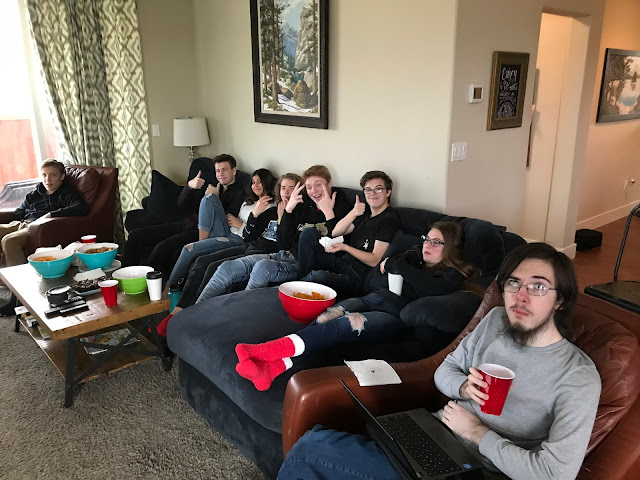Three legit education questions

Here are three things that are bugging me today. 1. What is our responsibility when confronted with biased or racist students? In some situations, it's easy to recognize that you as the teacher needs to step in and intervene, specifically when the bias is egregious or directed at a specific student. But what are we supposed to do when a student admits racist views in their writing? What do we do when a student confesses homophobia in a comment or action? How do we know what is the "right" thing to say or do when the president of our country is saying similar things on the regular? Do we as teachers have a responsibility to counsel and correct our students away from views that are biased or racist, or is that the job of the family? Do we as teachers even have the right to make moral judgements about these things and say something? 2. In an educational world where we are being told that learning is messy, that activities should be student led and cooperative, t



